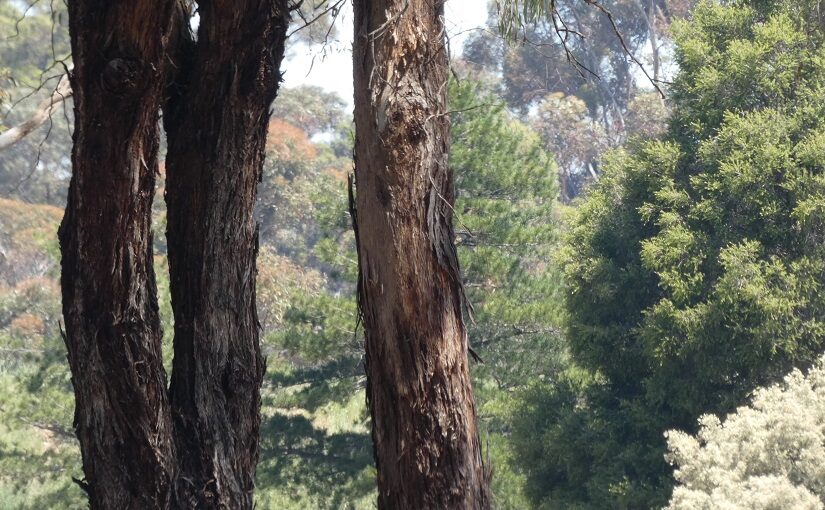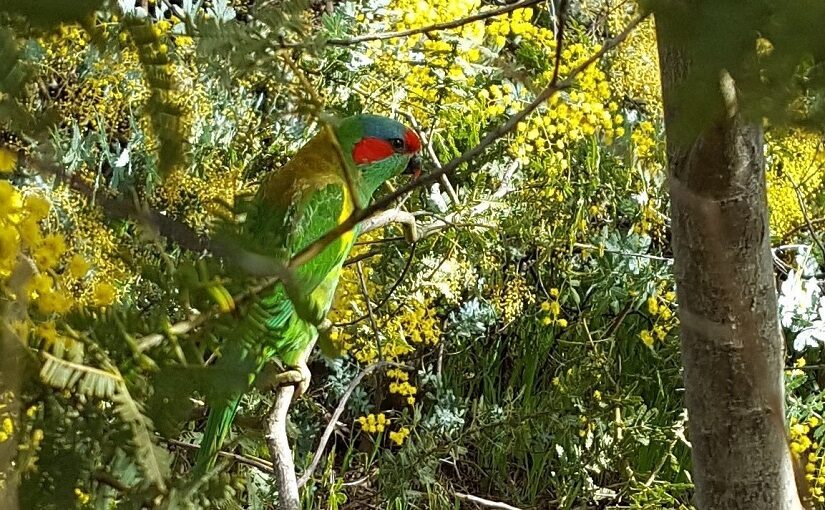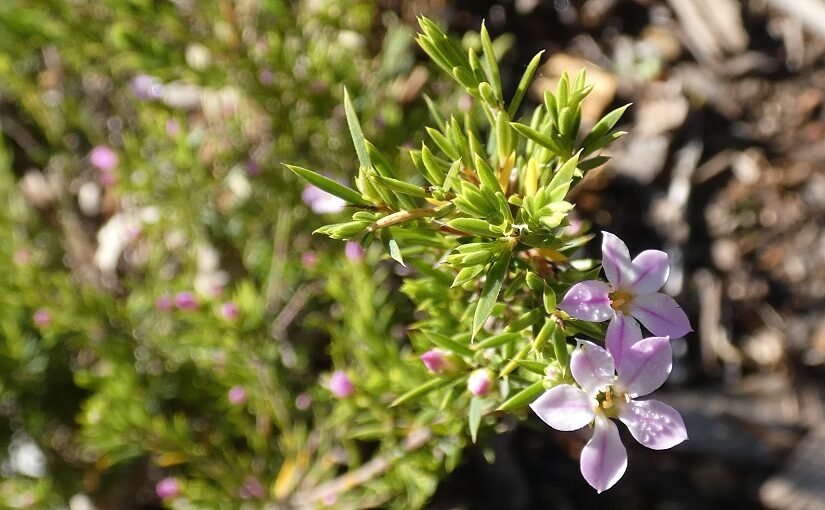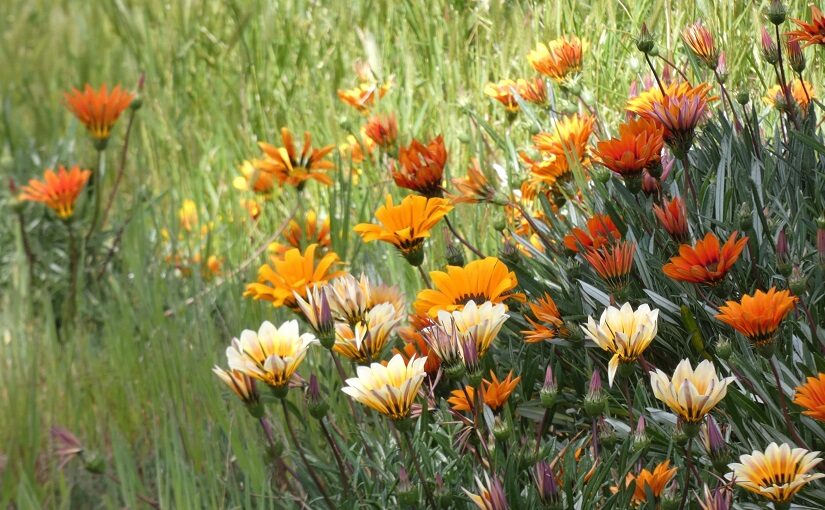Is it that we have to draw ourselves together in groups? As if, our concept of identity not quite able to stretch to the broadest sense of “human”, we need some interim place to feel we belong. Maybe it’s simply “true” that we need more accessible, manageable groupings within that larger body of humanity; in that we can’t quite imagine our place in life without such dividing lines between us.
Often, it just seems like new forms of nationalism – new interests, concerns, beliefs or practices that bind us toward those “like us”, as distinct from all those who think differently. As if, that old form of belonging breaking up, our psyches seek something to replace it, some new raft to cling to in the churning sea of other people.
Why is it, though, that we only seek to gather together with those like us? As if humanity’s something to be broken apart, sorted by type, arranged, categorised, and related to on that basis. The brain, perhaps, having been trained to see things that way: deconstructing reality into groups of what’s alike and what’s not. This tendency to notice differences and make them definitive.
Maybe, in some way, it’s because it allows “progress”? This notion of bringing together those with similar interests, concerns or experiences so as to work through, understand, dig deep, and develop theories or solutions in any particular area. Identity almost as these focus groups of those drawn toward similar issues; having had them brought to life through individual biography, personality or inclination.
In terms of personal or collective development, there must be value in such focussed conversation: that individually lived, communally felt concern over the value of certain things and the imperfection in how society’s approaching them. Almost as if we’re all grouping together around everything that could conceivably matter to humanity – clarifying problems, drawing them into focus, and demanding they be acknowledged.
To what extent are those distinct areas of interest able to co-exist, though? Are boundaries accommodating or aggressive? If each concern or identity is as a circle, can they overlap or dissolve to somehow merge into the broader, more inclusive area of shared interest? As with nations, it often seems we’re more inclined to fight over points of difference than agree over common ground or principles.
Maybe, in part, it’s that humanity’s challenge is to relate to those we see as different? To use groupings or identities as points of focus, then find ways to compassionately work alongside those drawn to other issues, concerns or experiences. As if what’s always been needed is that larger space or circle within which we can all express ourselves with mutual interest, recognition and respect.
Not to say any of that’s anything like easy, especially with identity dialled up as strongly as today, but where are we without it? If we’re not to fall back on divisions and conflicts similar to those experienced in the past, maybe we’re simply needing new ways to mediate the spaces between us.
Notes and References:
Threads, becoming a united whole
Nothing short of everything
Seeing where others are coming from
Humans, judgement & shutting down
What inspires collective endeavours
Authenticity & writing our own story
Rich complexity of human being
Bringing things into awareness
Do we live in different worlds?
Can each be true to themselves?










